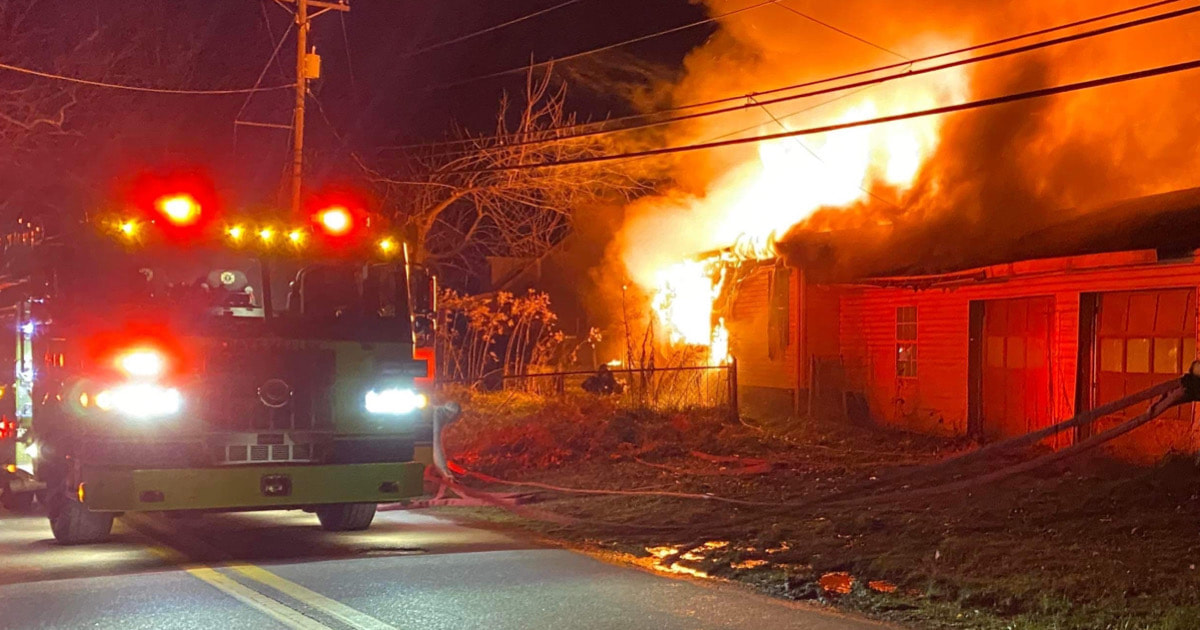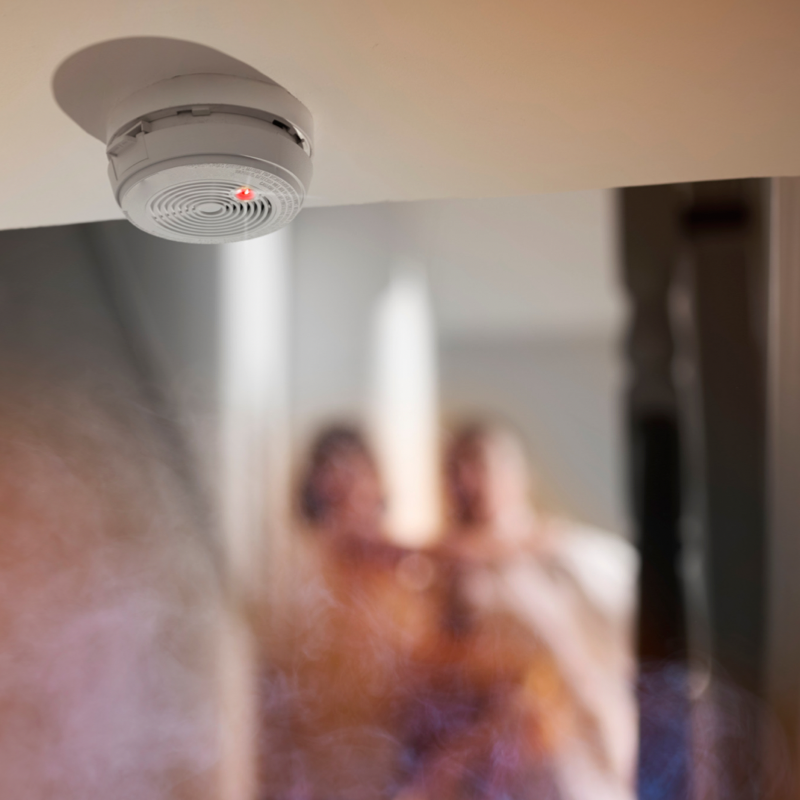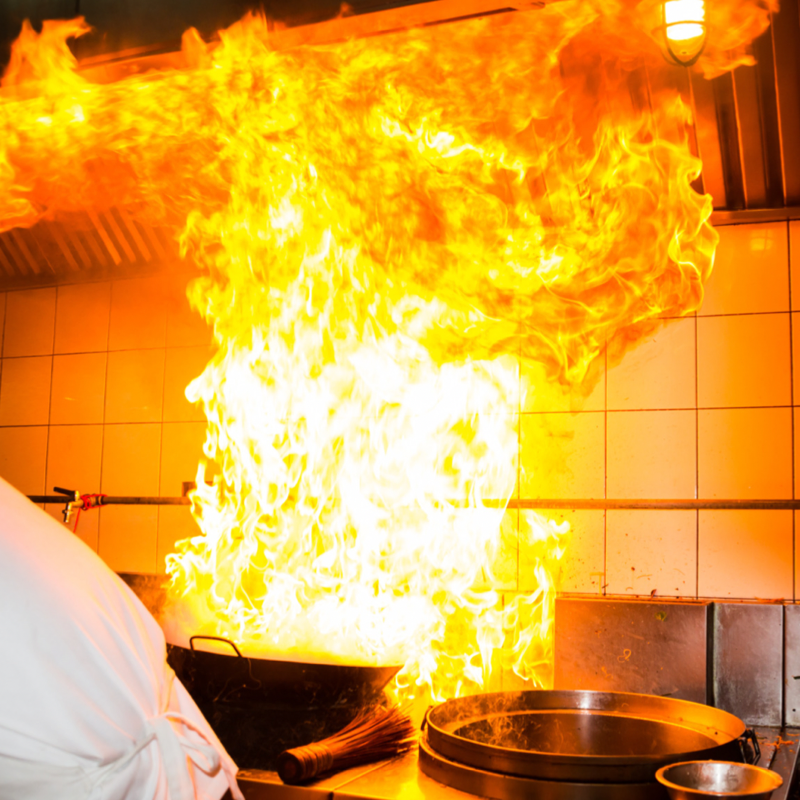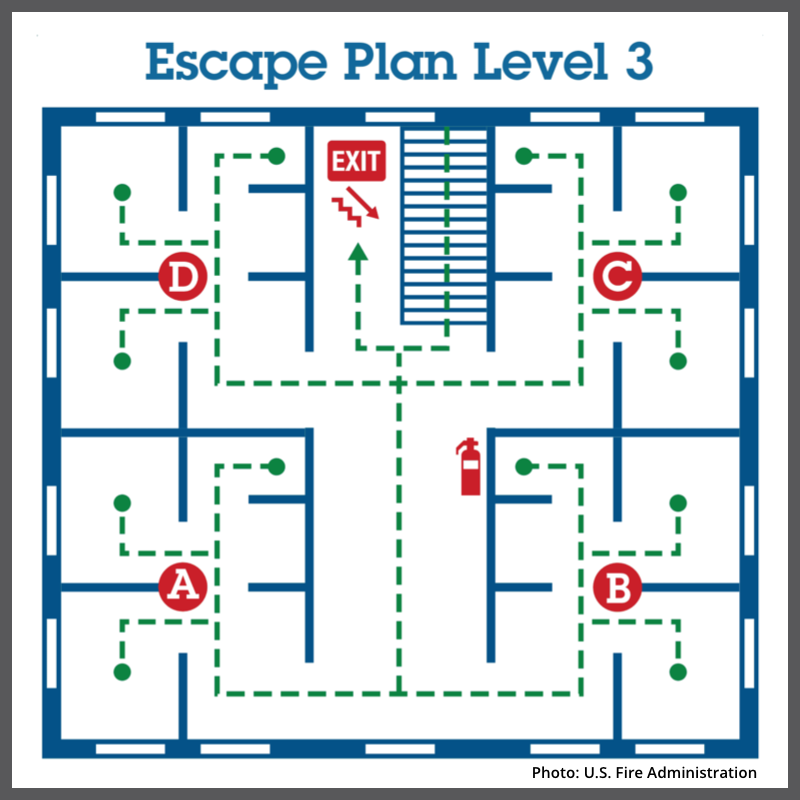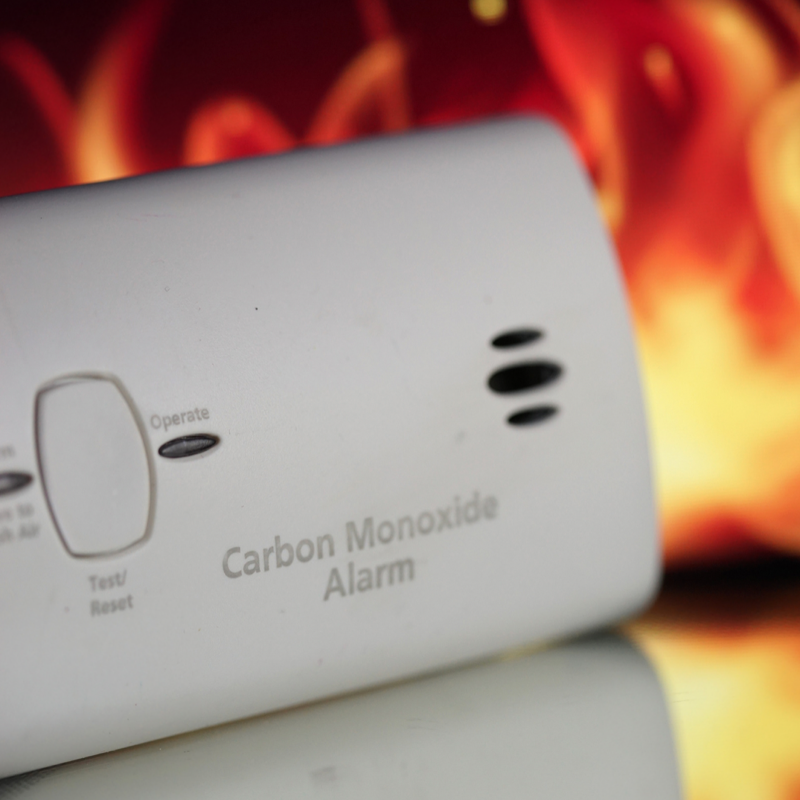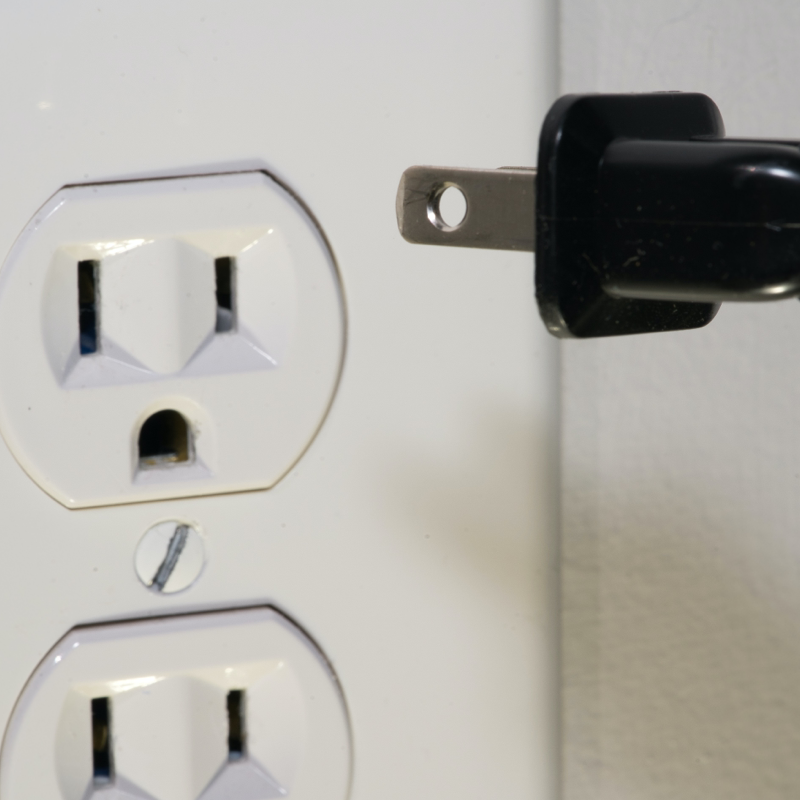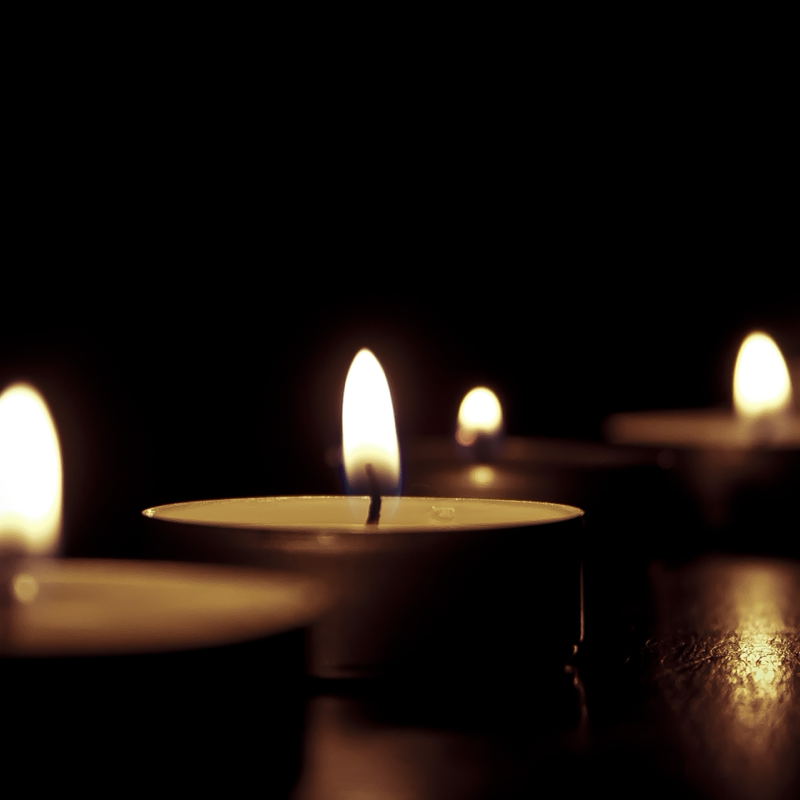FIRE PREVENTION & SAFETY
|
If a fire occurs in your home, GET OUT, STAY OUT and CALL 911. Never go back inside for anything or anyone.
If there is a fire, you may have less than 2 minutes to get out of your home. Talk to your family about what you should do to be safe. Make sure everyone in your home knows what to do if there is a fire. Children are sometimes curious about fire: If you have children in your home, lock up any items that can start a fire (matches, lighters, cigarettes, etc.) and make sure children cannot reach candles. |
Fire Safety Checklists for Homeowners and Renters
Smoke Alarms
Make sure:
|
Cooking SafetyWhen you're cooking, check that:
|
Escape PlanWhen planning your escape plane with you family, be sure:
|
Carbon Monoxide AlarmsWhen installing, you will want to ensure:
|
Electrical & Appliance SafetyTo prevent fire in your home and the safety of everyone, you should check that:
|
Candle SafetyWhen lighting candles, make sure:
|
